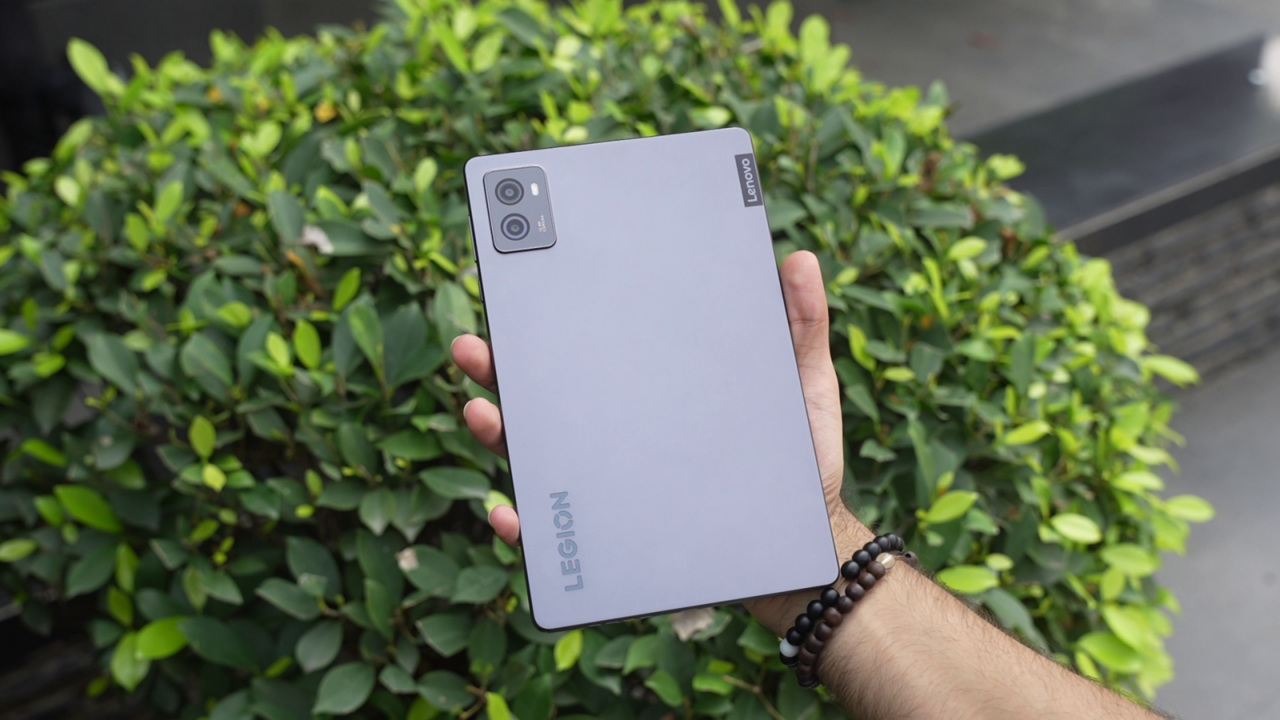
The global pandemic may have changed the world in countless ways, but one unexpected beneficiary of this new world has been the tablet market. According to Pankaj Harjai, APJ Leader & Director of Category – Tablets, Visuals & Accessories at Lenovo India, the demand for tablets has remained steady since the Covid era, with shifts in how people use them becoming more apparent.
In an exclusive interview with Times Network, Pankaj reflected on the journey of tablets through the pandemic and beyond, painting a picture of an evolving consumer landscape. "We haven’t really seen a slump in demand for tablets since Covid," he said. "In fact, Covid was a big help in spreading awareness about tablets. The change we’ve noticed is in usage. During Covid, people primarily used them for learning, but now, the focus has shifted toward entertainment."
This shift has been at the core of Lenovo's product strategy. He highlighted that the company’s research pointed three major use cases for tablets: learning, entertainment, and light productivity. It’s these pillars that have driven Lenovo’s tablet innovations over the last two years, ensuring their devices meet the changing needs of consumers.
Tablets for Every Need
Earlier this year, Lenovo launched the Tab M11, a tablet geared towards students and learning. "The Tab M11 was designed with students in mind. It supports a stylus, allowing for interactive learning experiences that go beyond just watching videos or reading e-books," Pankaj explained. For parents and educators, this meant offering a versatile tool that students could engage with in a more tactile and immersive way.
Then came the Lenovo Tab Plus, an entirely different proposition, catering to the growing demand for entertainment. “It’s built for content lovers,” he said with a smile. "With excellent speakers and an in-built stand, this tablet is perfect for those who love watching movies or bingeing TV shows."
But Lenovo didn’t stop there. Recognising that many users needed more from their tablets than just a media device, Lenovo introduced the Tab P12, a productivity powerhouse with a 12.7-inch screen—the largest ever on a Lenovo tablet. "It can be a true laptop substitute," Pankaj emphasised. “We wanted to give users a device that could handle light productivity tasks, offering an alternative to lugging around a full laptop.”
The Future: Gaming and AI
As Lenovo continues to push the envelope in tablet innovation, the company is setting its sights on new frontiers. One particularly exciting area of exploration is gaming. With the recent launch of the Lenovo Legion Tab, the company is aiming to cater to a growing demographic of gamers who crave larger displays and powerful performance.
"One of the reasons for the Legion Tab’s success is its size," Pankaj noted. "The gamers will get a great experience with the big display, and we’ve ensured the performance is top-notch." Lenovo is also working closely with developers to optimise games specifically for the tablet experience, setting the stage for a new era of mobile gaming.
Perhaps the most intriguing insight from Pankaj was Lenovo’s work on an AI-powered tablet, a device that could blend the best of Lenovo’s All-in-One PCs with the portability and versatility of a tablet. Though he didn’t reveal too many details, he mentioned that the AI tablet would offer a holistic experience similar to their AIO PCs. “It’s something we’re working on and very excited about,” he said.

